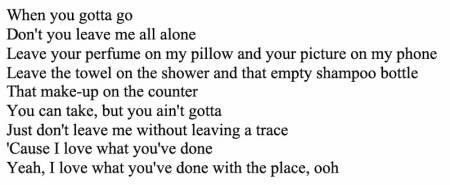Ok, I’m leading with the meat of the story, the expression adult adjacent industry as a modifier of the noun firm ‘business company’ — an expression I believe was entirely new, and astonishing, to me (and so far seems to be attested only in the specific piece of e-mail, from what I’ll call the X Group, that brought the expression to me yesterday as a blogger and to at least one other blogger).
The expression is stunningly euphemistic, ultimately referring to a class of businesses that sell sex: adjacent is euphemistic for direct involvement in (it’s not merely near to, but digs right in with gusto), and the involvement in question is in the adult industry, a euphemism for the sex industry, in particular for the branch of it that supplies photographic and/or written pornography (hot stuff). (NOAD on the relevant sense of the adj. adult: … [d] sexually explicit or pornographic (used euphemistically to refer to a movie, book, or magazine).)
The point of the X Group’s mailing to me was to enlist my blog in a scheme of advertising and sales on behalf of the adult adjacent industry firm — call it Firm Q — with money to be made for me. The assumption of the mailing was that such transactions are the very purpose of blogging, and (to judge from the advice that the company now provides) WordPress seems to agree that blogging is all about making deals. In fact I get approached, on average, once a day — some days none, but some days three in a row — by a company that wants me to enter into some sort of advertising or sales deal with them. Nothing as spectacular as an adult adjacent industry firm (earlier today: advertise a site providing information on what to do in Wilmington NC in exchange for the site’s advertising my blog and so boosting my blog’s search engine score).
Note 1: I actually pay WordPress a fee to keep this blog free of advertising.
Note 2: I never respond to these overtures, even to say a polite no; my earliest experiences with these things was that if you replied at all, that merely encouraged the sender to think you might eventually be open to their invitation, so that they redoubled their efforts. Deletion and stony silence are the only way.
Not entirely irrelevant digression: I’m now taken with the phrase adult adjacent industry firm and have been chanting it as a tetrametrical mantra, aDULT aDJAcent INdustry FIRM (WS WSW | SWW S); repeat it three times for pleasure. It might also work to celebrate sturdy young men engaging in anal intercourse with one another on video — the sort of often-avowed interest of mine that presumably led the X Group to fix on my blog as one that might enter into an intimate relationship with the as-yet-unidentified Firm Q.
But, back to beginnings. Let me start with Margalit Fox.
(more…)






